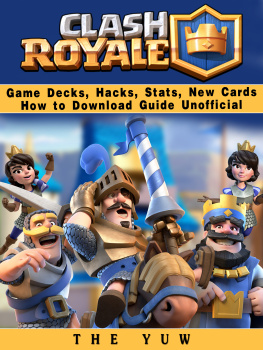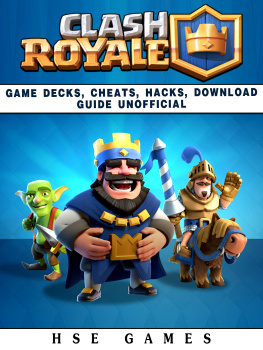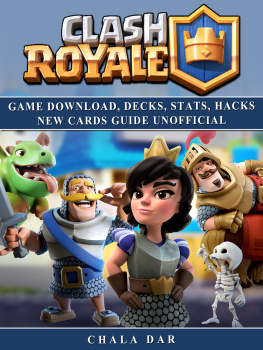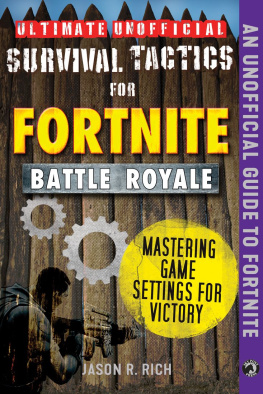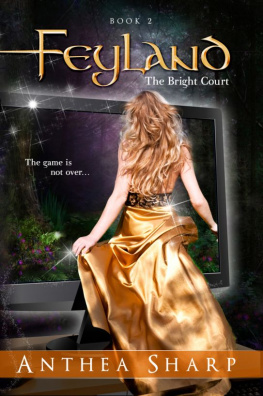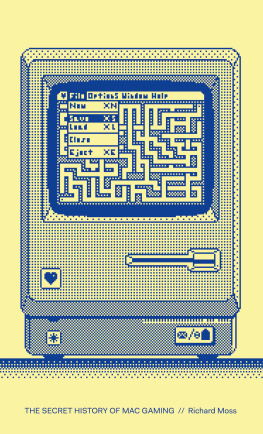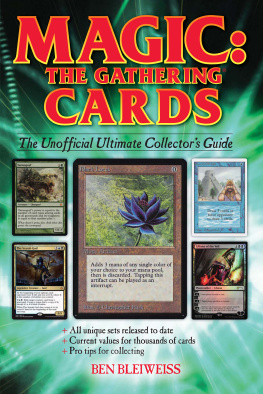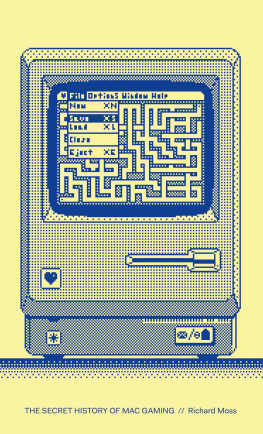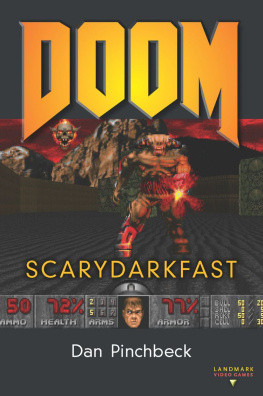
First published 2017 by Solaris
an imprint of Rebellion Publishing Ltd,
Riverside House, Osney Mead,
Oxford, OX2 0ES, UK

www.solarisbooks.com
ISBN: 978-1-78618-067-4
Copyright 2017 Titus Chalk
Cover art by Sam Gretton
Magic: The Gathering is a trademark of Wizards of the Coast LLC in the United States and other countries. This book is neither approved by nor affiliated with Wizards of the Coast LLC.
The right of the author to be identified as the author of this work has been asserted in accordance with the Copyright, Designs and Patents Act 1988.
All rights reserved. No part of this publication may be reproduced, stored in a retrieval system, or transmitted, in any form or by any means, electronic, mechanical, photocopying, recording or otherwise, without the prior permission of the copyright owners.
Contents
A note on pictures: I highly recommend using Wizards of the Coasts official Magic Card Database, Gatherer, to look up the names of any cards mentioned in this book. There you will find the latest artwork, text and rulings all in one place. Go to gatherer.wizards.com, check the Name tick-box, enter the name of the card in question and instantly discover cards from the games entire history.
CHAPTER ONE
Its a Kind of Magic
SO DO YOU wear, you know, a cape or something? Poppy asks me. Because I could definitely imagine you doing actual magic. Like tricks and stuff.
Poppy is trying. A great friend, she always forgives me my eccentricities, but this particular pearl is passing her by. Talking to her, I cant help but feel stranded in some humiliating time warp; inside its whirl, I live out the same faintly ridiculous conversation again and again. Yes, I admit, I play a mysterious card game. No, I say, it is not like snap. Yes, I suppose you could call it a cross between stamp collecting and Dungeons & Dragons. No. Youre right. Not many girls play it.
The cape question is at least wonderfully leftfield. On a drab winter morning in yet another new and unfamiliar hometown, Ill settle for that. This time it is Berlin. It has been numerous cities and countries before. Various social settings. Different friends. But somehow, always the same unease grips me as the conversation plays out a sense of never quite knowing if I am happy enough with whom I am to reveal every component of my identity. Never quite knowing how much I want to be defined by belonging to a community. Never wanting to be defined by the judgements others cast on tribes which are not their own.
If you have tried as best as you can to walk your own path, however much of an illusion that may be, it is not trivial to hand the power of sweeping generalisation to someone who may wield it indiscriminately.
Nonetheless, like a recalcitrant alcoholic at an AA meeting, let me begin that conversation all over again. Hello. Im Titus. And the card game I play is called Magic: The Gathering. Thankfully, I am not alone in this world. Since the game exploded into being in 1993, 20 million fans in 70 different countries have fallen under its spell. We meet in sweaty, poorly lit backrooms to play a fantasy game with special, sometimes valuable, collectible cards. Some of us even make a living out of it, raking in prize money at professional tournaments, writing about the game for its legion of fans, or speculating and trading on the fluctuating value of the cards used to play. Most of us though, just have cupboards full of expensive cardboard to which we feel a puzzling emotional connection. To which we compulsively add via mouse clicks and credit cards when no one is looking. To which our thoughts drift during mundane conversations. And whose infinite possibilities keep us awake at night, making our minds spin and driving us online to play against distant opponents, in far-flung time zones, in an Esperanto of gaming jargon.
Whether I am always comfortable with the notion or not, I belong to a vast and motley crew of Magic players. I have, since picking up the game as a teenager, become part of an us and not simply an observer of them. This has troubled me at times, challenging my perception of myself and picking at my insecurities. I have been forced to wonder what room for friendship and fun my own heaving ego ever leaves me. And yet at the same time, the murk of my own identity has inspired me to write about a hobby that has remained a part of me, even when I have occasionally cast it aside. When I began work on telling this story in late 2012, I did so with the kind of hand-wringing the well-adjusted might scoff at. Was I deranged for caring so much about something I felt an unease at caring about? Could I overcome my own aloofness to tell the story of a game which, I would learn, has affected more than just me down its decades hiding in tatty backpacks on the shoulders of an entire generation? How much did I have in common with that generation? Could I throw my arms around their shoulders with affection, without patronising them? Learn whether I belonged in their ranks? These were the questions I realised I needed to answer for myself as I began to tell the story of a card game, whose resonance goes beyond one conflicted writer and far wider into the outside world than most muggles could ever believe. Not just a game. Not just a business. Not just a community Magic: The Gathering is an epic story worth sharing. And, like the best of stories, Magics started a long time ago, in a galaxy far, far away.
CHAPTER TWO
Great Minds
USENET.
Two simple syllables.
Once, they represented a glittering new way of communicating. But as the digital ages advances have clocked up (and in some cases, cocked up) at an astonishing rate, they have long since receded into the past. Usenet was the text-based precursor to the World Wide Web and in many ways, cyberspaces Old West. It was a wild frontier. Sparsely populated. A far-off and unfamiliar idea to all but the most pioneering of souls. In 1991, it boasted around 12 million users worldwide. They were almost exclusively techies, academics and pornographers. It handled two, sometimes three gigabytes of traffic per day. By contrast, today, over two billion of the worlds population are online and gigabytes have long given way to petabytes. Still, there are Usenet archives out there, where former devotees can pour over the traces of their rambling, un-moderated discussions like historians poring over sepia-tinted photographs.
Archaeologists mining the Usenet archives might have more interesting posts to uncover, but for Magic players, discussions on the forum rec.games.board.design are of particular importance. It was here that in June 1991 an ambitious role-playing fan named Peter Adkison began posting about breaking into the gaming industry. Adkison was an employee at aerospace giant Boeing by day and the boss of a fledgling games company called Wizards of the Coast by night. At the time, Wizards operated out of Adkisons basement at 23815, 43rd Avenue South in Kent, Washington. Or, more usually, from Adkisons desk at Boeing, long after the lights had gone out and the cleaners were making their rounds.
Despite the late nights required to get his new venture off the ground, Adkison was undeterred. The enthusiastic entrepreneur was driven by a passion for gaming he had acquired as a child growing up in Idaho (a state counting only 20 inhabitants per square mile) where he cut his teeth on family Monopoly sessions. Later, he took up Risk and war games by the American manufacturer Avalon Hill with his father. Then, in 1978, he discovered the love of his life:
Next page

